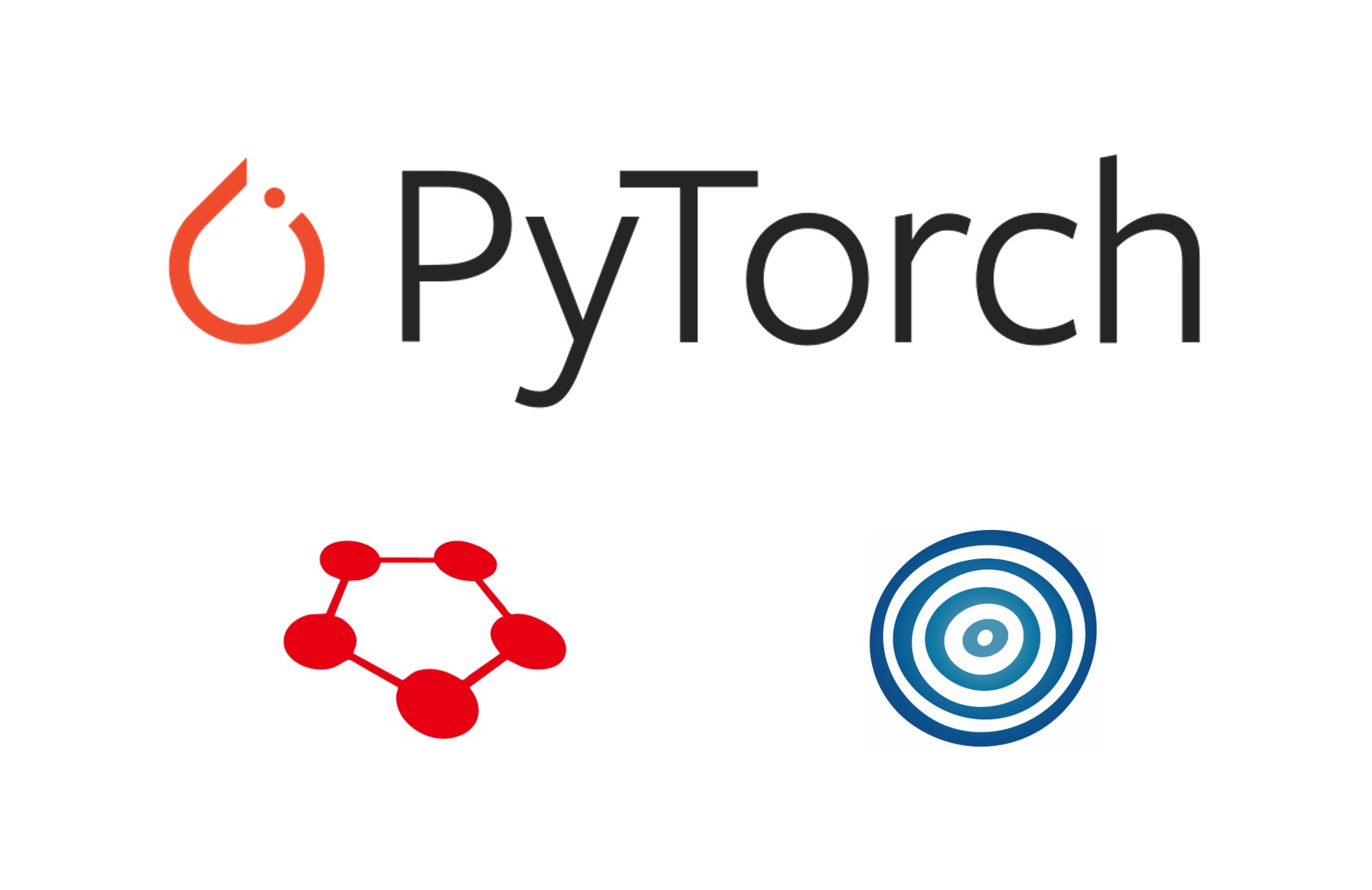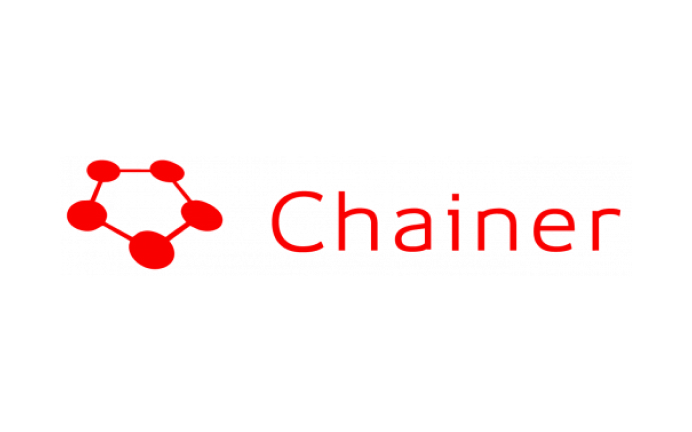News
Preferred Networks released Version 2 of Chainer, an Open Source framework for Deep Learning
2017.06.02
New functions developed, including a significant increase of memory efficiency during learning
Tokyo, Japan, June 2, 2017 – Preferred Networks, Inc. (PFN, Headquarters: Chiyoda-ku, Tokyo, President and CEO: Toru Nishikawa) has released a major update of its open source deep learning framework Chainer, called Chainer v2.
This is the first major version update since the official release of Chainer in 2015, and it enables more powerful, flexible, and intuitive functions to implement and study deep learning methods.
With the rapid evolution of deep learning technology and an expanding field of target applications, user demands for the functionality of deep learning frameworks is rapidly changing and diversifying.
Chainer incorporates the results of the latest deep learning research. With additional packages such as ChainerMN (distributed learning), ChainerRL (reinforcement learning), ChainerCV (computer vision) and through the support of Chainer development partner companies, PFN aims to promote the most advanced research and development activities of researchers and practitioners in each field.
Chainer v2 has three major enhancements and improvements.
1. Improved memory efficiency during learning
Chainer v2 shows significantly reduced memory usage without sacrificing learning speed. It has been confirmed that the memory usage can be reduced by 33% or more when learning using the network ResNet50 used in the field of image recognition. This makes it easier to design larger networks and allows to learn using larger batch sizes in usual networks.
2. Chainer’s accompanying array library CuPy has been separated and made into an independent project, allowing a broader range of HPC applications to be easily accelerated using GPUs
The general-purpose array calculation library CuPy is highly compatible with library NumPy, which is very popular in the field of scientific computing, making it possible to run faster using the GPU without altering the code written for use with NumPy. By separating CuPy and developing it as a separate library, we aim to increase users for expanding our application not only in deep learning field but also in other research and development fields.
3. Organized the API and made it more intuitive
One of the major features of Chainer is its ability to intuitively describe a complex neural network as a program. We have taken into consideration the various use cases and needs of the community to remove unnecessary options and organize interfaces to provide a more sophisticated API. Due to a more intuitive description, unintentional bugs occur less frequently.
● Chainer Release Note: https://github.com/chainer/chainer/releases/tag/v2.0.0
● Chainer Upgrade Guide: https://docs.chainer.org/en/stable/upgrade.html
● Chainer Blog: https://chainer.org/announcement/2017/06/01/released-v2.html
The Chainer team plans to release major version updates every four months to support the most advanced research and development activities for researchers and practitioners in each field.
Development results of many external contributors are also included in the Chainer V2 release. PFN will continue to work with support companies and the OSS community to promote the development and dissemination of Chainer.
◆ Chainer Meetup # 05
Community event for developers and researchers who use Chainer.
- Date: June 10, 2017, 14:00–18:30
- Place: Microsoft Japan Co., Ltd. Shinagawa Office, Seminar Room A
(Shinagawa Grand Central Tower 31f, 2-16-3 Konan, Minato-ku, Tokyo) - Application: https://chainer.connpass.com/event/57307/
◆ Kick-off for the Deep Learning Lab Community
The Deep Learning Lab is a community of professionals who are well versed in both technology and business to apply the latest deep learning technology to real business. Microsoft Azure and Chainer are used in key platforms/frameworks to disseminate information about use examples and the latest technology trends.
- Date: Monday, June 19, 2017, 9:00-12:30
- Place: Microsoft Japan Co., Ltd. Shinagawa Office
(Shinagawa Grand Central Tower 31F, 2-16-3 Konan, Minato-ku, Tokyo) - Application: https://dllab.connpass.com/event/57981/
◆ About the Chainer Open Source Deep Learning Framework (http://chainer.org)
Chainer is a Python-based deep learning framework developed by PFN, which has unique features and powerful performance that enables users to easily and intuitively design complex neural networks, thanks to its “Define-by-Run” approach. Since it was open-sourced in June 2015, as one of the most popular frameworks, Chainer has attracted not only the academic community but also many industrial users who need a flexible framework to harness the power of deep learning in their research and real-world applications.
*Chainer(R) and DIMo(TM) are trademarks of Preferred Networks, Inc. in Japan and other countries.


